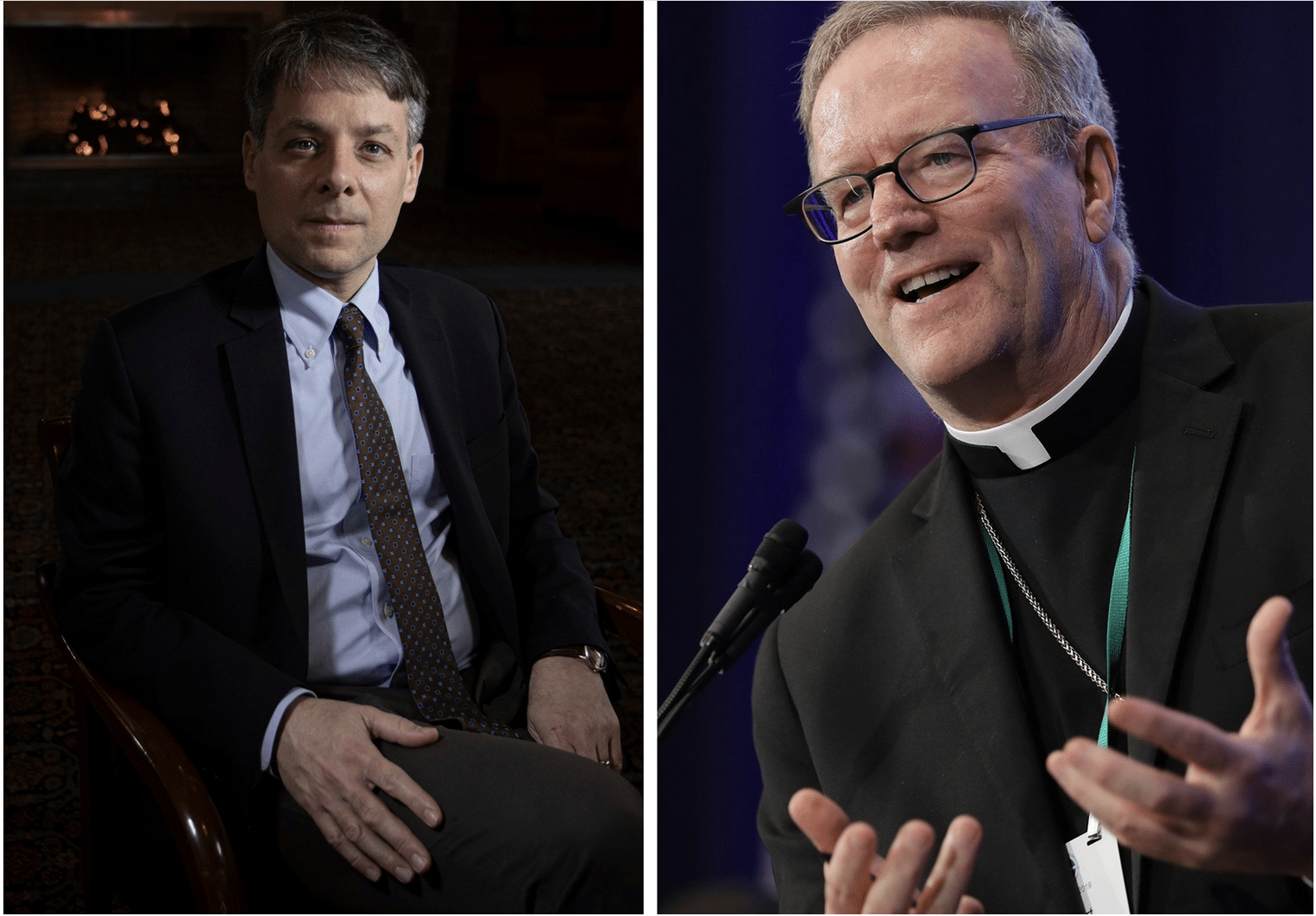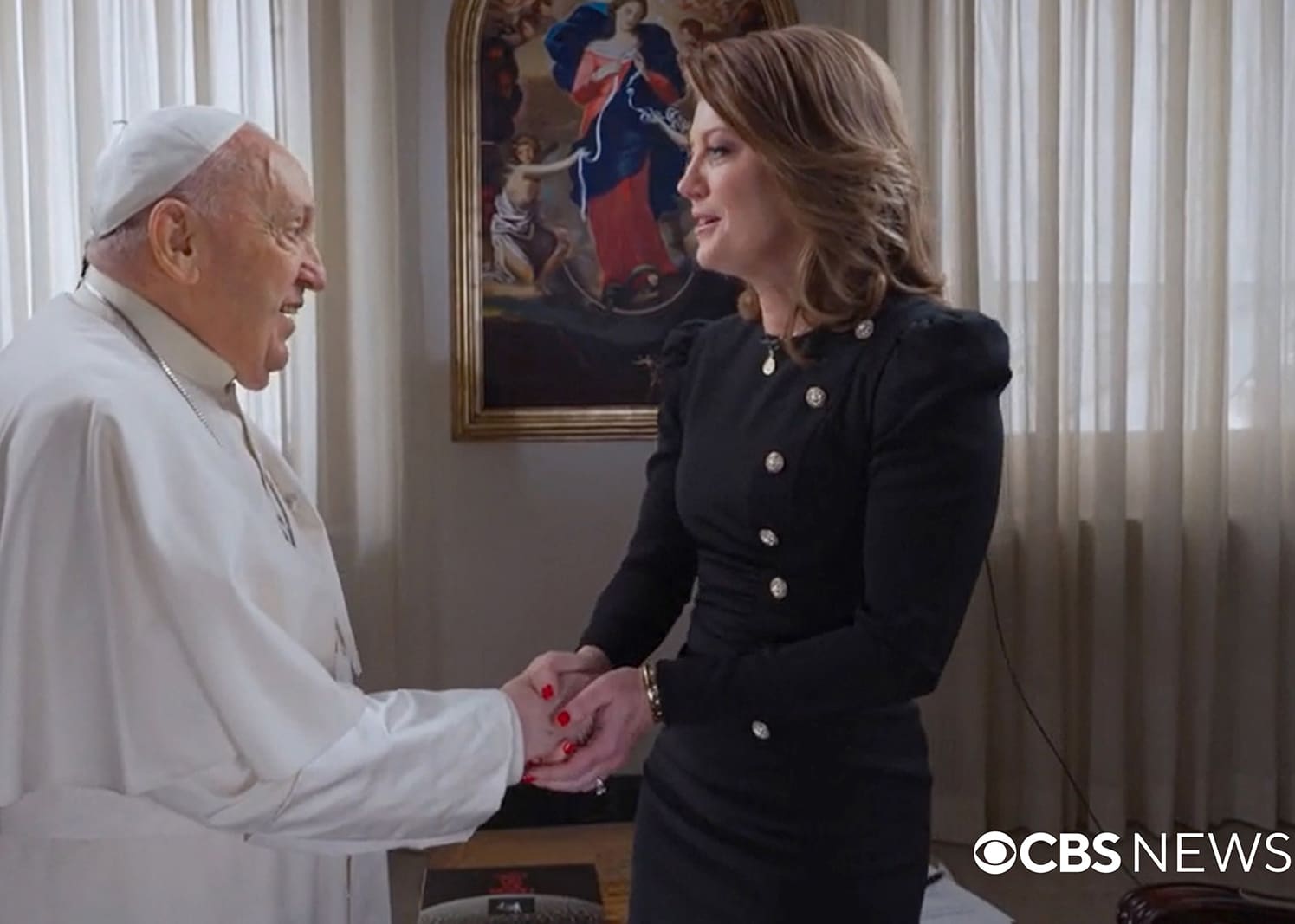Question: Can persons in a legislative capacity sign into law the right to make abortion a nationwide right to all women? If so, can they receive holy Communion? If you say yes, and the priest knows the person, should they be denied Communion? What if the priest still gives Communion because they hold an important office? Would the priest inherit the sin himself?
— J.S., via email
Answer: A person in grave and public sin or notorious dissent should not receive holy Communion. Canon law says, “Those who have been excommunicated or interdicted after the imposition or declaration of the penalty and others obstinately persevering in manifest grave sin are not to be admitted to holy communion” (Canon 915). Hence, those who legally promote what is sinful and evil are no longer in communion with the Church and should not receive Communion, since it is a countersign, celebrating Communion where there is serious disunity.
It is wrong for clergy to knowingly extend holy Communion to those known to be in such a state. However, not every priest knows the state of every communicant. To the degree that they know of the communicant’s dissent, the clergy incur sin if they ignore it. It promotes scandal and violates the sacredness of the holy Eucharist. Some junior clergy (priests and deacons) may have their guilt diminished when the bishop indicates that Canon 915 is not to be applied. Bishops themselves have often been troubled by the implications of enforcing the canon when the individuals involved are well-known and might benefit from their public exclusion of holy Communion. They argue that the enforcement of Canon 915 has prudential implications and that to strictly apply it may “backfire” by turning some into “martyrs” of dissent. As such, we ought to be careful about presuming that failure to enforce Canon 915 is always a sinful lack of obedience. There may be prudential reasons.







